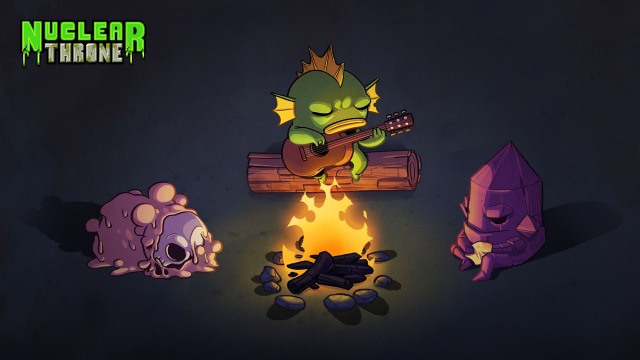How could this episode have only been 21 minutes long (sans OP/ED)? It felt as if I’ve watched 4-5 episodes’ worth of material, with how much was covered, as the episode was split into several segments, each mirroring with other parts of the show, and the characters kept reflecting and contrasting, swirling by one another as the episode kept weaving about them, and as the story wove about us. So let’s get to it, bit by bit. Though it might get messy at times, because you can’t speak of one without the other, of the future without the past, can you now?
The episode opens with what this show is best at, setting up a feeling of a time and place. It’s a beautiful sunny day. A great day to spend outdoors. Bon doesn’t like the sun much, so it might be all fine and good for him to spend the day indoors, with his rakugo, but for all those other people? That’s quite a sacrifice, spending this lovely day, watching him. Watching his rakugo. A nice day for a social outing. A nice day for some culture.







